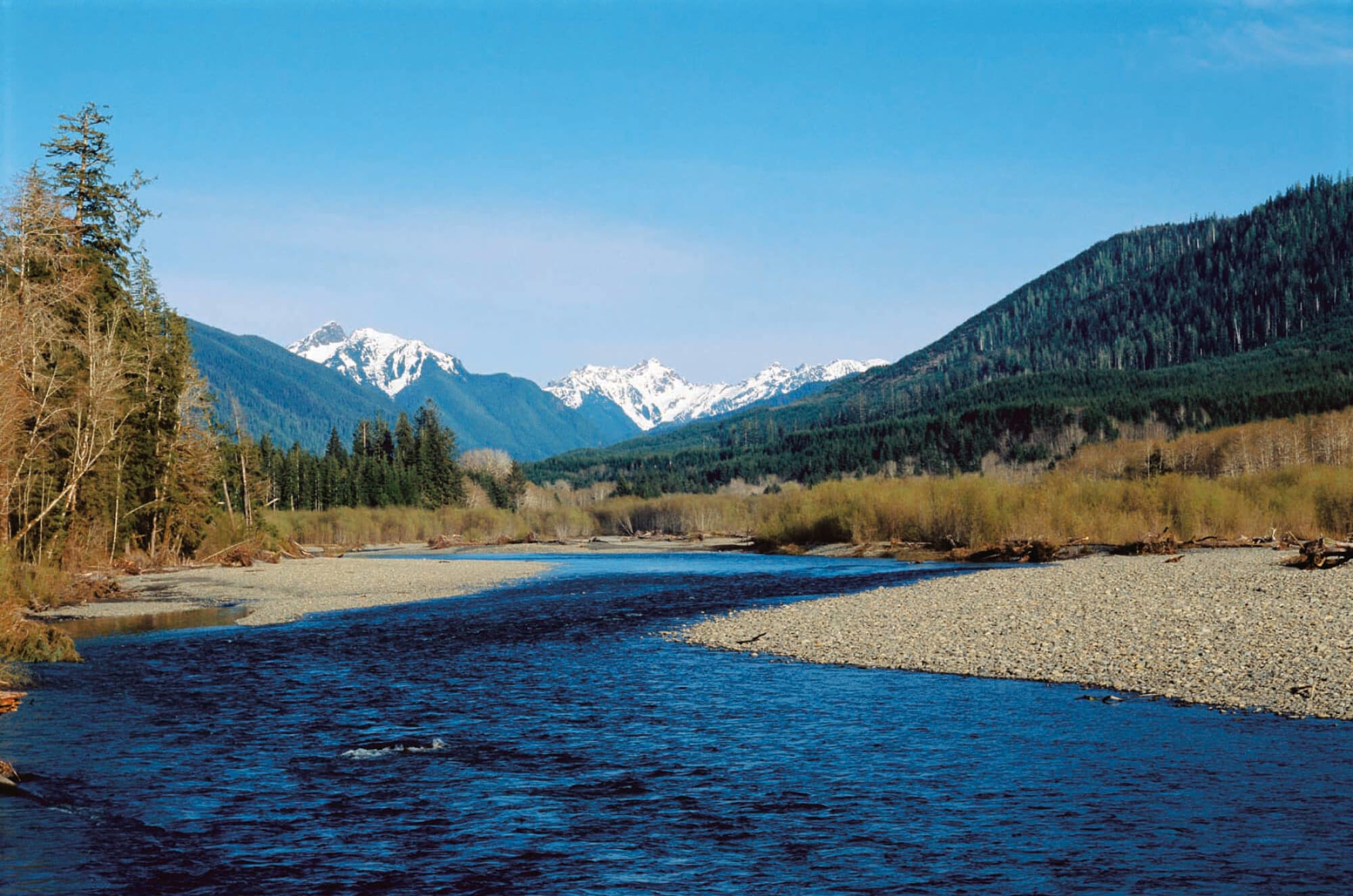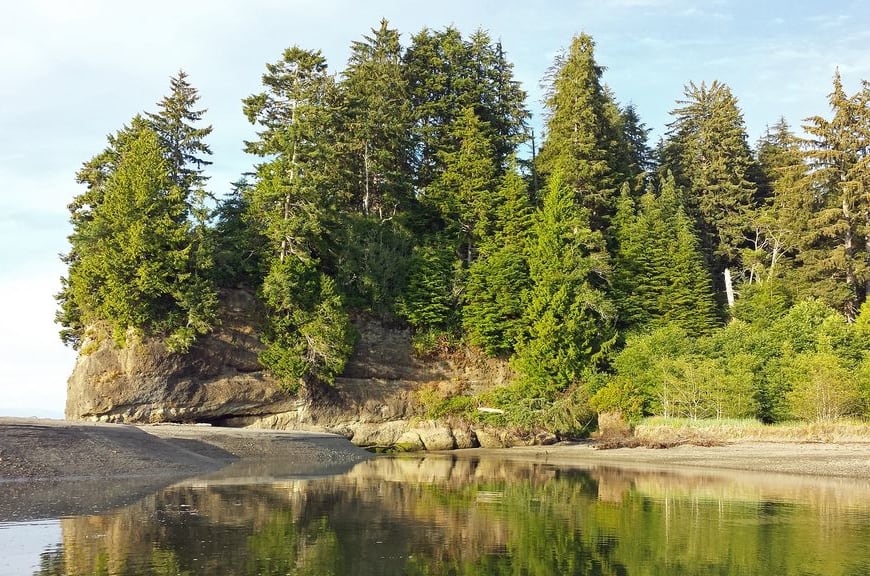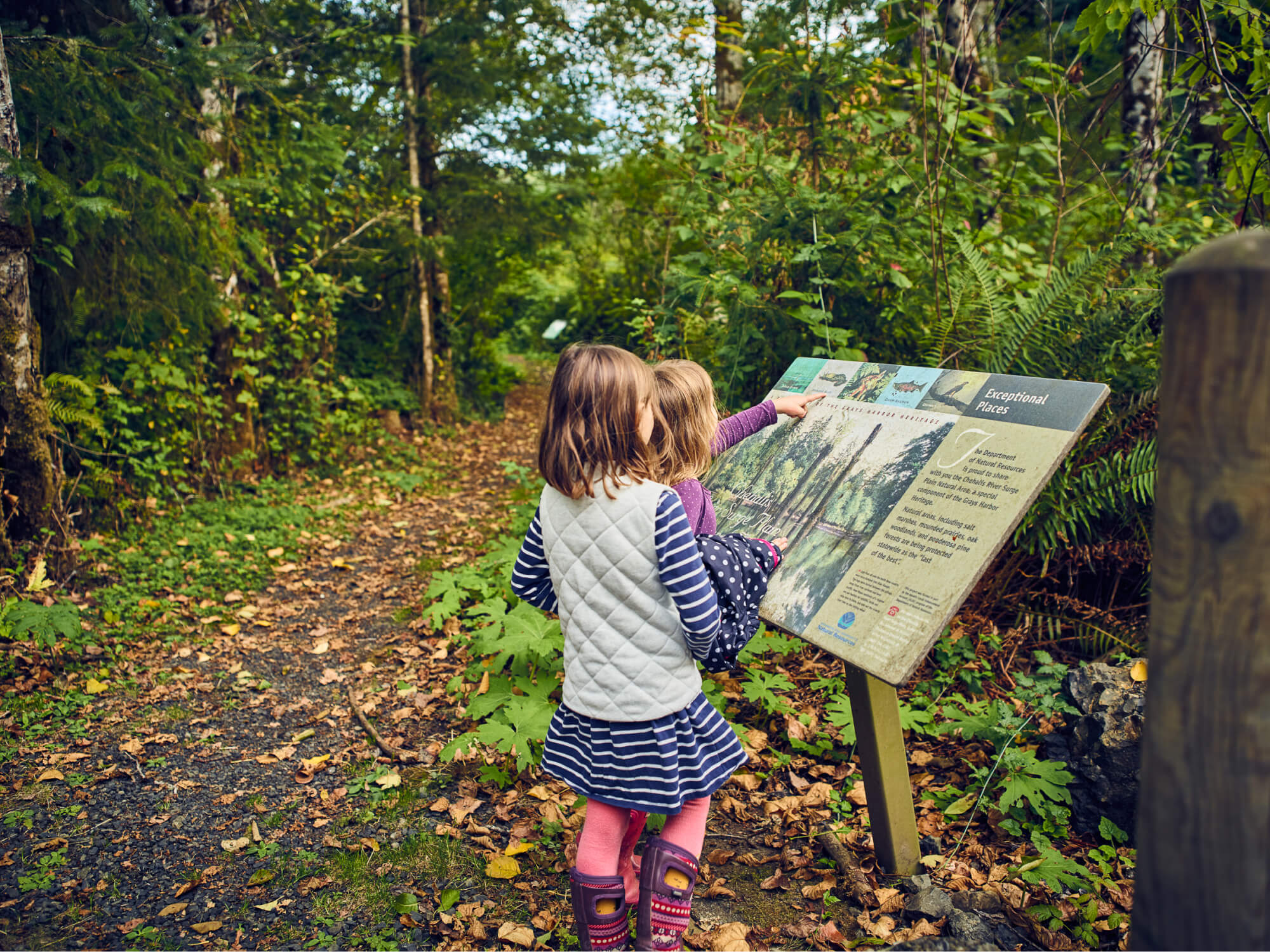The West Fork Humptulips River flows through the Olympic National Forest at the southwest corner of the Olympic Peninsula. The West Fork is outstanding habitat for anadromous fish, supporting runs of chinook, coho, chum, steelhead and sea-run cutthroat trout. Healthy salmon runs make the Humptulips prime habitat for bald eagles as well.
A 300-acre property, with two miles of the best spawning grounds along the upper river, was the only remaining privately owned land along the West Fork within the National Forest. Western Rivers Conservancy negotiated purchase of the land from Equitable Life Assurance Society and conveyed the property to the Olympic National Forest in 1995. The Bullitt Foundation and Packard Foundation both contributed loans to help purchase the property.





